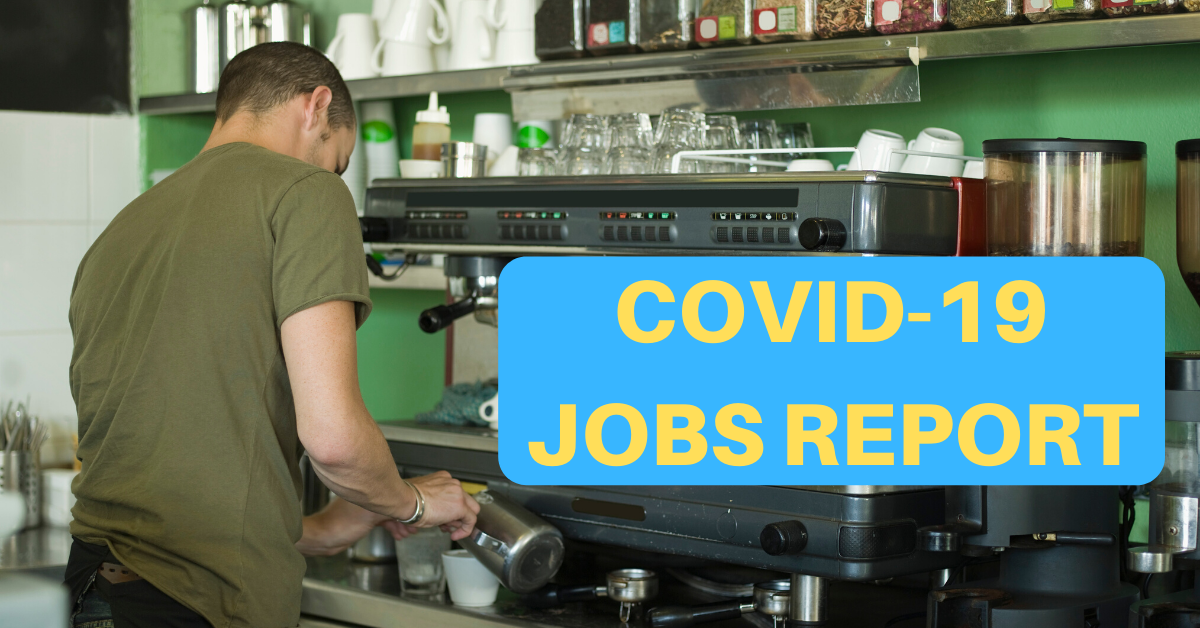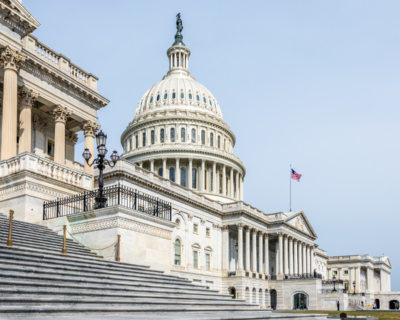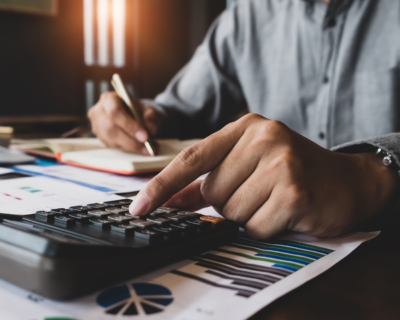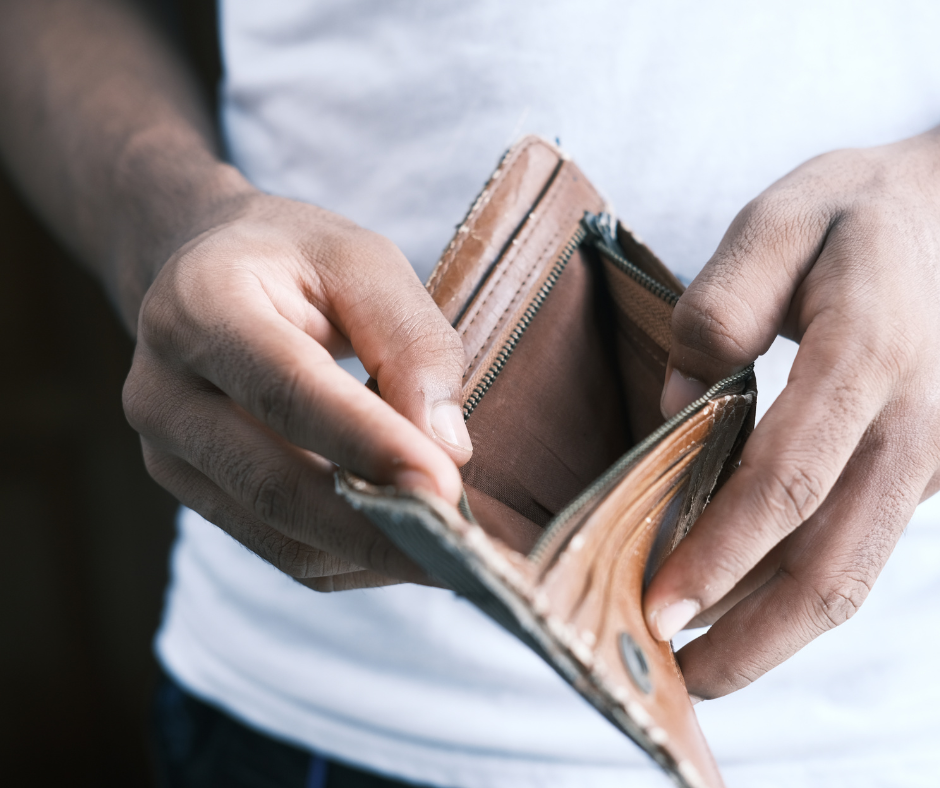
First Post-COVID-19 National Jobs Report Gives Evidence on What’s Happening in Louisiana
With a record 6.6 million Americans applying for unemployment over the last month, doubling the previous record from two weeks ago, economists were dreading the latest national report from the Bureau of Labor Statistics.
The national report is now out and found that total nonfarm employment decreased by an astounding 701,000 nonfarm workers, the largest decrease in a single month since January 1975. While, the national numbers are troubling, a deeper look reveals precisely why Louisiana may emerge as one of the hardest hit states in the COVID-19 crisis.
Of those who lost their jobs, over 65 percent were in the leisure and hospitality sector of the economy, while 97 percent of the people losing jobs in that sector were in accommodation and food services. Louisiana’s leisure and hospitality sector employs over 240,000 people, accounting for more than 12 percent of the state’s workforce. In other words, Louisiana’s restaurant, hotel, and bar workers are bearing the brunt of the initial COVID-19 economic damage.
Other hard-hit industries include trade and transportation, which lost 49,000 jobs and employs 19 percent of Louisiana workers. Meanwhile, health education and health services, which lost 76,000 workers, employs 16 percent of all Louisiana workers.
This means the three largest private sectors of the Louisiana economy accounted for the vast majority of jobs loss. While the state job numbers are a few weeks off, the national numbers provide an unfortunate preview of the devastation to come.
With Louisiana already boasting the highest unemployment rate in the South aside from Mississippi, the Pelican State was ill equipped to deal with this kind of economic shock.
Even though this economic data is important for Louisiana lawmakers to understand, there is little they can do during the current crisis. What they can do, however, is set the stage for reforms that are already long overdue in Louisiana and can help when we emerge from COVID-19. Tax reform,occupational licensing reform, and legal reform should be near the top of the list for lawmakers when they eventually come back to work.
Historically bad economic news will likely continue to roll in until the health crisis ends, but lawmakers can still prepare to ensure recovery happens as quickly as possible.



